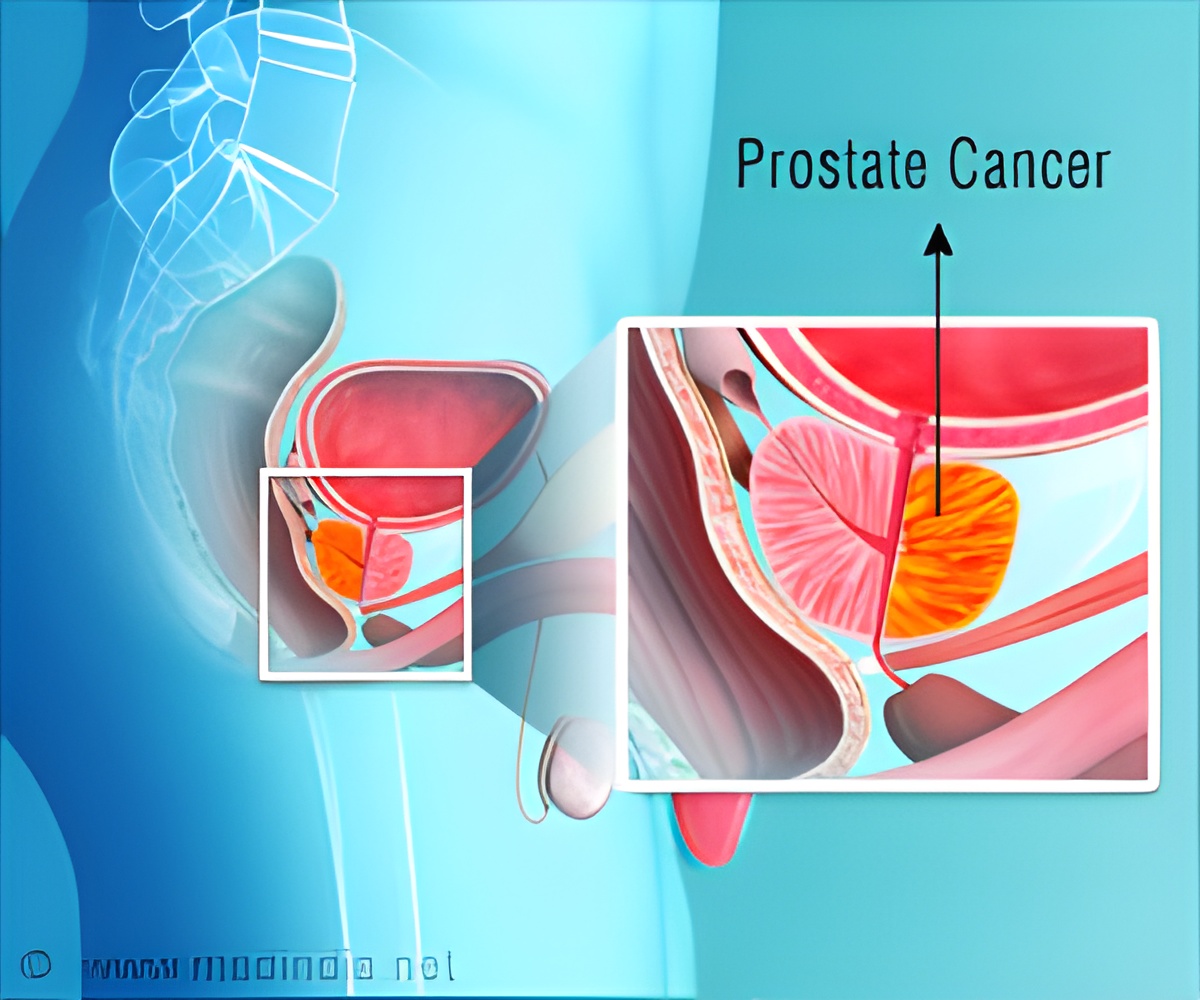Novel genetic compound marker can help early detection of aggressive prostate cancer. Scientists have discovered a link between the interaction of certain genetic changes in the HOXB13 and CIP2A genes, aggressiveness of prostate cancer, and reduced survival rates of patients.

One of the involved genes, HOXB13, was already known to play a role in prostate cancer risk, although its mechanism is not yet understood. The other gene, CIP2A, codes for an oncoprotein, thought to play a role in human tumor formation.
- The research shows that synergism between the HOXB13 and CIP2A genes predispose men to get prostate cancer earlier in life. The synergism is also linked to the high level of prostate-specific antigen (PSA), and earlier biochemical recurrence. Further, the simultaneous expression of these two gene variants stimulates prostate cancer cell growth, migration and, therefore, tumor formation, explains Professor Johanna Schleutker, leader of the research group at the Institute of Biomedicine.
Testing Different Variants Could Help Finding At-Risk Patients
One of the most notable current unmet needs in prostate cancer care is being able to diagnose aggressive cancers at an early stage. Genetic testing for HOXB13-CIP2A could help identify these patients sooner and may bring new opportunities for the early detection and precision oncology in prostate cancer.
- The small changes in both of the genes make it possible for CIP2A to boost the effect of the HOXB13 gene, which results in the highest-ever observed prostate cancer risk. Men who have these two variants simultaneously are 21 times more likely to get prostate cancer and 2.3 times more likely to get the aggressive form of it, says Docent Csilla Sipeky from the University of Turku, also the first author of the paper.
Advertisement
Source-Eurekalert














